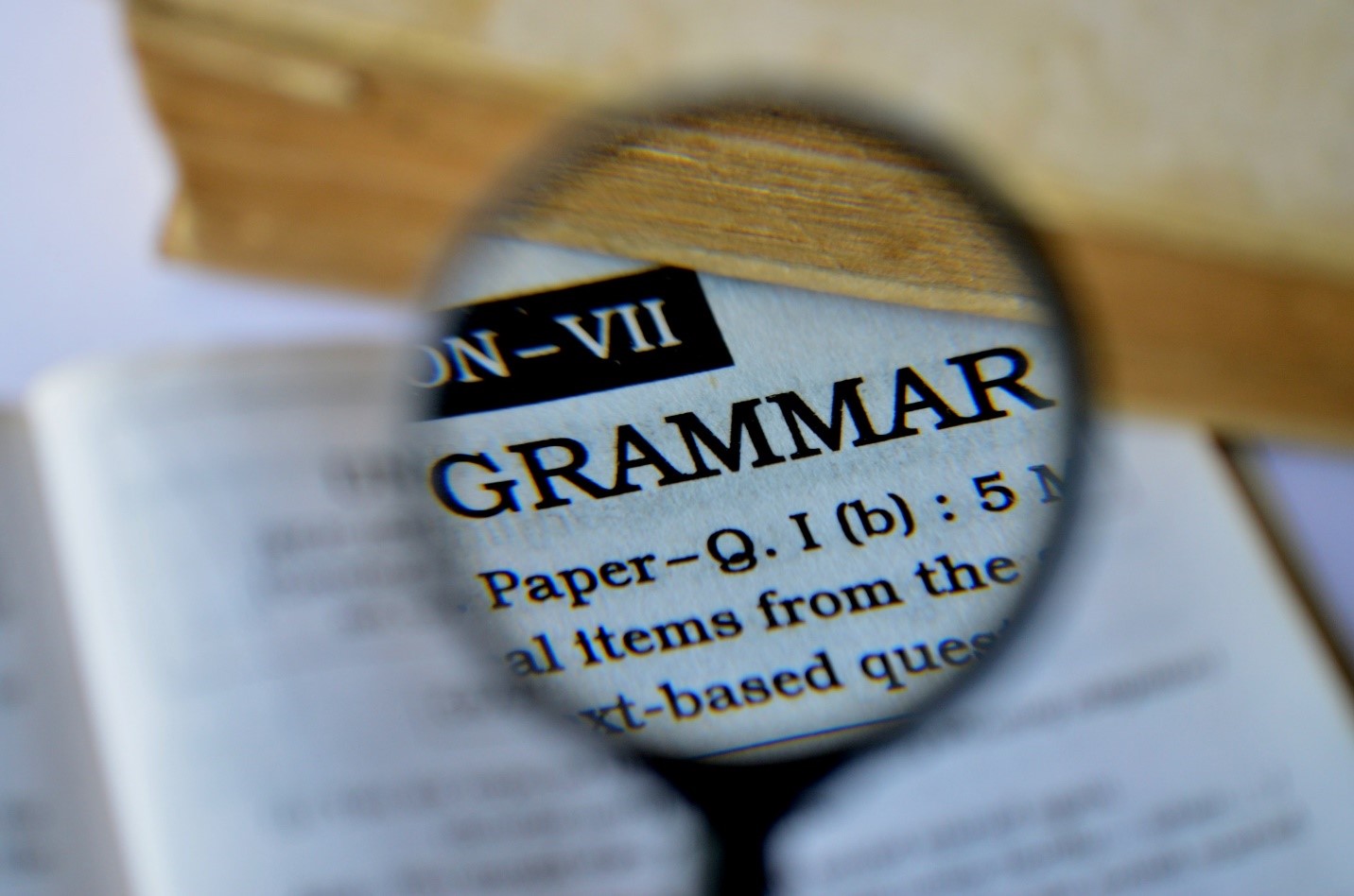
Research Tips and Strategies for a Nonfiction Book
RESEARCH TIPS AND STRATEGIES FOR A NONFICTION BOOK
Knowing how to get started with a nonfiction book may seem like a daunting task. In particular, tackling the research side of writing a nonfiction book can seem tough to handle.
The good news is that research for a nonfiction project is much easier than meets the eye. You just have to take the right approach and get yourself organized.
In this article, we will focus on actionable tips and strategies both seasoned and novice writers can put into practice when deciding how to do research for their nonfiction book.
Gathering Material
When thinking about how to do research for a book, the key is to gather material through a structured and consistent system.
Keeping an open mind and being willing to revise ideas as new information comes to light is a good attitude to keep throughout the research stage of an author’s writing schedule.
There are several ways to gather material for a nonfiction book, including:

- Research. Start by conducting thorough research on the topic. This approach can include reading books, articles, and academic papers, and conducting interviews with experts in the field.
- Personal experience. When authors have personal experience or expertise in the topic they want to write about, they can draw upon their own experiences and knowledge to build their writing.
- Observation. Sometimes the best material for a nonfiction book comes from simply observing the surrounding world. Taking note of interesting trends, behaviors, and events related to the topic can yield valuable information and insights.
- Online resources. Now, more than ever, the internet is a great source of information for finding relevant websites, forums, and social media groups. The internet can also help authors connect with other people who may share valuable information and insights.
- Archives. If the topic is historical in nature, consider visiting archives, museums, and other institutions that house primary sources related to the subject matter.
- Surveys or polls. Surveys or polls can be a great way to gather data and opinions about the topic. This approach can help authors understand the audience’s perspectives and tailor writing accordingly.
Best Nonfiction Book Research Sources
The best sources of information for a nonfiction book depend on the topic at hand. It is important to use a variety of sources when gathering information for a nonfiction book.
Additionally, a good rule of thumb is always to verify the accuracy of information. Great information sources for nonfiction books include:
- Books. Books on the topic can provide valuable background information, historical context, and in-depth analysis. Both print and digital books can become the foundation for a full-length nonfiction project.
- Academic journals. Academic journals are a great source of peer-reviewed research and scholarship. They can help authors understand the latest developments in their field and provide updated data and statistics.
- Interviews. Interviews with experts, professionals, and people with personal experience can provide unique insights and perspectives. Experts help authors gather firsthand accounts and anecdotal evidence to support writing.
- Government reports. Government reports can be valuable information sources on topics such as policy, law, and social issues. Authors can use government reports as official data to support claims and opinions.
- Online databases. Online databases such as JSTOR, ProQuest, and Google Scholar can provide access to a wide range of scholarly articles, books, and other resources.
- Primary sources. Primary sources such as diaries, letters, and other historical documents can provide firsthand accounts of events and people written in their own voices.
- News articles. News articles can provide up-to-date information on current events. They can help authors understand how the topic is being covered in the media. Also, old newspaper articles can help fill in the gaps when researching a historical topic.
Using Citations
Citations should be included in a nonfiction book whenever authors use information or ideas that are not theirs.

Citations refer to information such as direct quotes, paraphrases, and summaries of information from other sources, such as books, articles, interviews, and websites.
Including citations serves several purposes.
First, it gives credit to the original source of information, which is important for ethical and legal reasons.
It also helps readers verify the information’s accuracy and find the original source if they want to learn more about a topic.
Above all, citing sources helps third parties fact-check the information offered.
There are different citation styles authors can use, such as APA, MLA, and Chicago.
The specific style used depends on the field and the requirements of the nonfiction book publishers or editors.
In general, citations should be included:
- Anytime there is a direct quote of someone else’s words.
- Anytime the author paraphrases or summarizes someone else’s ideas or information.
- Anytime the author uses data, statistics, or other information that is not common knowledge.
- Anytime there is a reference to another author’s work or ideas.
Citations can be included in the text of the book (in-text citations), a separate bibliography, or a reference list. Whatever style is used, it is important to be consistent and follow the guidelines of the chosen citation style.
Strategies for Organizing Research Materials
The key to organizing large research volumes is finding a system that works. It is important to remain consistent and take the time to review and update research materials regularly.
Staying organized allows authors to write a more comprehensive and compelling nonfiction book.
While organizing large volumes of research may seem like a daunting task, the good news is that several strategies can help authors to stay organized:
- Develop a system. Create a system for organizing research materials, such as a spreadsheet or database. For instance, including information such as the author, title, publication date, and keywords for each source helps keep track of materials used throughout the book.
- Use folders or binders. Create physical folders or binders to organize printed materials, such as articles or book chapters. Label each folder or binder with the topic or subtopic it relates to.
- Take notes. Take detailed notes on each source reviewed, summarizing the key points and any relevant quotes. Use a consistent format for important notes, such as bullet points or a table, to easily compare and analyze them later. Voice notes can also help organize information on the go. However, transferring voice notes to paper is always a good idea.
- Categorize research materials. Divide research materials into categories based on the book’s structure or themes. This approach helps keep related materials together and makes it easier to identify gaps in research.
- Use software tools. There are many software tools available that can help authors organize research, such as Evernote, Zotero, or EndNote. These tools can help store, tag, and search through the research materials during the writing phase.
- Prioritize research. Focus on the most important sources first, such as those most relevant to the book’s main themes or the most recent or authoritative.
Here are some additional tips and tools for organizing large volumes of research:
- Mind maps. Mind maps can be a helpful visual tool for organizing ideas and concepts. Use software like MindMeister or draw one by hand to help identify connections between different sources and topics.
- Color coding. Use color coding to distinguish between different topics or themes visually. This strategy can help authors quickly identify which sources are relevant to which book sections.
- Outlines. Create an outline of the book to help spot how research fits together. Use this as a roadmap for organizing research materials.
- Tags. Use tags to categorize research materials and make it easier to search for specific sources later. Tools like Zotero, Mendeley, and Evernote allow authors to tag sources.
- OneNote. Use OneNote to organize research materials, take notes, and collaborate with others. OneNote allows authors to create notebooks and sections for different topics and tag and search notes.
- Google Drive. Use Google Drive to store research materials and collaborate with others. Authors can create folders and subfolders for different topics. Also, authors can use Google Docs to write and edit the book. Google Docs works very well for collaborative efforts and real-time information sharing.
- Excel spreadsheets. Use Excel spreadsheets to organize research materials and track progress. Authors can use columns to quickly organize data, and filters and sorts to find what they need.
Using Google to Find Information on Specific Dates and Events
Google can be a great resource when researching your nonfiction book.
Just remember to carefully evaluate the credibility and accuracy of any online information, especially regarding historical events and dates.
Here are some tips for using Google to find specific dates of events:

- Use quotation marks. Use quotation marks around the event name when searching for a specific event. For example, authors looking for the date of the Boston Tea Party can type “Boston Tea Party” into the search box.
- Include relevant keywords. To narrow down search results, include relevant keywords in the search query. For example, authors looking for the date of the Boston Tea Party could add keywords like “American Revolution” or “colonial history” to aid search engine algorithms in spotting relevant information sources.
- Use Google’s advanced search. Go to Google’s advanced search page and enter the event name or keywords in the “all these words” box. Then, in the “date” section, select a specific range of dates or a specific year to help narrow down search results.
- Use Google Books. Google Books can be a helpful resource for finding specific dates of events. Search for books related to the event. Use the search function within the book to find specific dates or references.
- Check historical websites. Many historical websites, such as History.com or the National Archives, have information on specific events and their dates. Use Google to search for these websites and check their content.
Using Google to Find Information on People and Places
When googling names of people and places, it is important to keep in mind that search results can be overwhelming and sometimes inaccurate. Here are some tips to help find accurate and relevant information:
- Use quotation marks. When searching for a specific name, use quotation marks around the name to ensure that the search engine returns results that include the exact phrase. For example, authors searching for information about “Albert Einstein” can put his name in quotation marks.
- Add relevant keywords. To narrow down search results, add relevant keywords to the search query. For example, authors searching for information about “Albert Einstein” could add keywords like “relativity” or “physics.”
- Use advanced search. Google’s advanced search allows authors to filter results based on various criteria, such as language, file type, and date range. This approach can help authors find more specific and relevant information.
- Check multiple sources. Always check multiple sources when researching people and places to ensure that the information found is accurate and reliable. Look for information from reputable sources, such as academic or government websites, and cross-check it with multiple sources.
- Be aware of biases. Keep in mind that search engines can sometimes reflect biases in the way information is presented. Be aware of these biases and try to look for information from a variety of sources to get a more balanced perspective.
- Use maps and images. When searching for information about places, use Google Maps or Google Images to get a better sense of the location and surrounding area. This tactic can help authors understand the context of the place and find more relevant information.
When googling names of people and places, it is important to be patient and persistent, and to take the time to evaluate carefully the sources and information found.
Putting It All Together
Getting research right is a major step in ensuring successful nonfiction books. That is why having a structured and consistent system can make a significant difference throughout the research, writing, and editing process.
Authors can get started by focusing on what approach they would like to take. Specifically, finding an approach that meets individual styles and personalities can go a long way toward facilitating the entire book writing process.
There is one additional note to consider. Developing the right system can sometimes become a question of trial and error. Therefore, authors should not be afraid to try different approaches until they find one that works well.
Ultimately, it is best to discard what does not work and focus on what does.
Related Content
- 0 Comment
Subscribe to Newsletter
- How Can SharePoint Be Used To Organize and Disseminate SOPs?
- Planning the Perfect Genealogy Research Trip: A Step-by-Step Guide
- From Silly to Awesome: How Words Change Meaning Over Time
- The Psychology of Font Choice: How Typography Impacts Content Engagement
- How to Distribute SOPs for Maximum Usability







